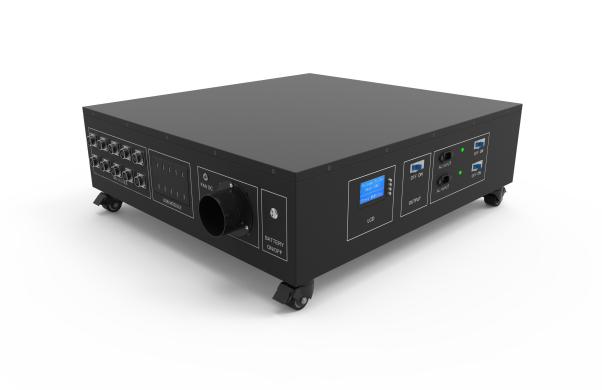- 08
- Dec
Compared with lithium iron phosphate batteries, the safety hazards of ternary lithium batteries are relatively high?
Safety issues have become the focus of attention. Compared with iron phosphate, ternary lithium batteries have a higher safety risk.
First of all, we want to ask about time. Without time, we have no right to speak. We cannot trust ternary data with security risks, and it may be necessary to stop production. After inquiring, see if all car manufacturers using ternary information have problems, especially the mainstream car manufacturers. If there is no problem with the primary producer, this means that not all triples are at risk. If the problem is limited to a few car factories, you should check their batteries directly and decide which car factory or battery company has the bigger problem.
Lithium iron phosphate battery has safety benefits. Now, the energy density of a single battery has increased to 160 to 170 kilowatt-hours per kilogram. I always recommend using lithium-ion iron phosphate batteries in places with particularly high safety requirements, such as buses. On the bus or on the bus, I have learned that many good companies have provided satisfactory safety guarantees for the three-dollar raw data battery. The safety of the battery should be determined according to whether the battery can meet the safety requirements and the sintering requirements of the powder data. For example, whether to use high-tech ternary data or lithium iron phosphate sintering furnace or rotary kiln, battery manufacturer investment is necessary. Ternary batteries have different formulas, and different companies have different safety standards, so it is not simple to say that ternary data is unsafe.

The central system planning of ternary battery and lithium iron phosphate battery is completely different. However, for the same three sets of batteries, it is unrealistic that only the poorer quality center carries out system reinforcement planning. The root cause of security incidents is still one-sided. Of course, every car company is different. Some car companies buy systems directly from battery companies, but car factories with strong planning capabilities usually plan their own.
